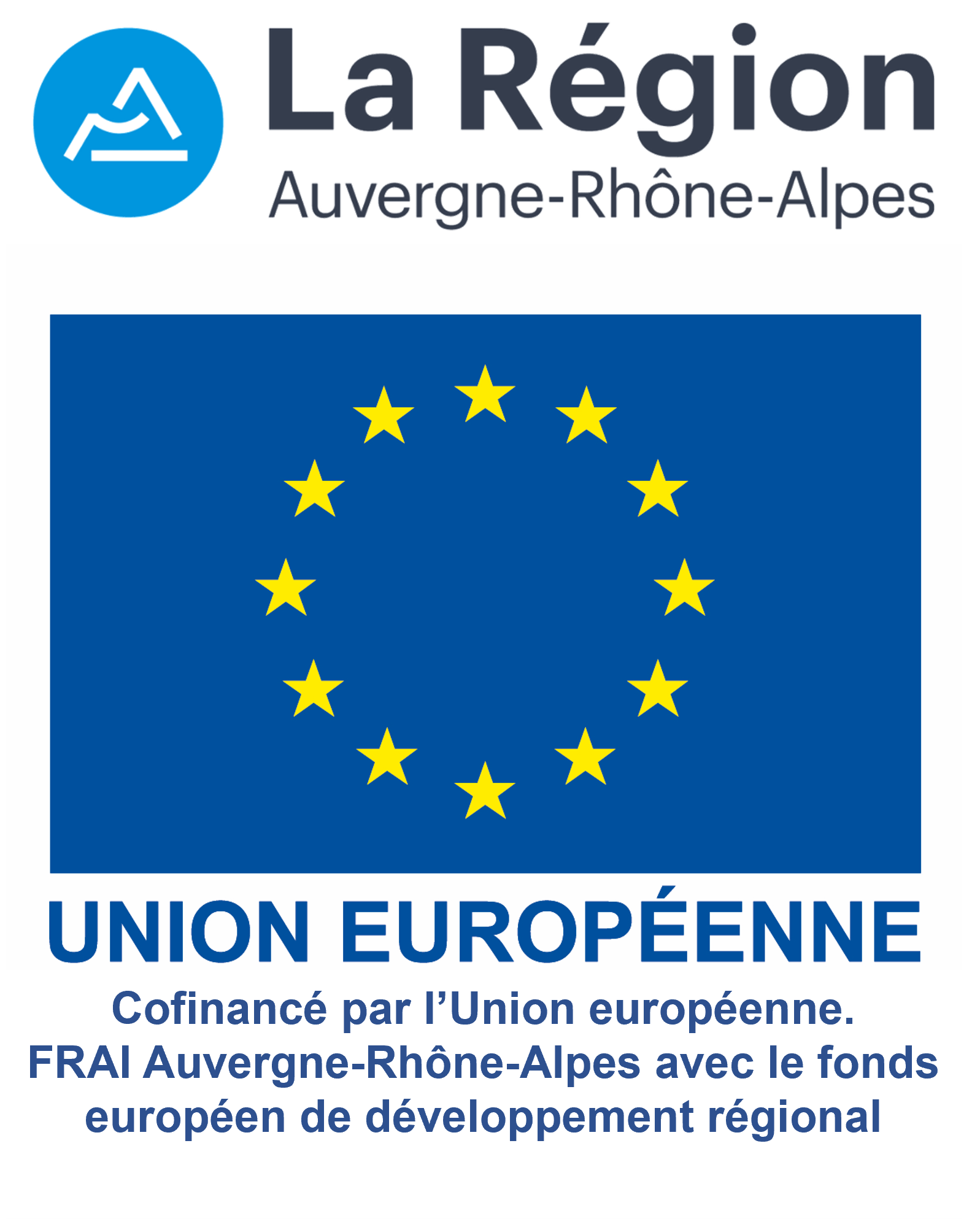

Photo de Adam Jaime sur Unsplash
PRS Healthcare would like to highlight a study that shows the health benefits of abstaining from alcohol in celebration of Dry January 2024. According to the study, a total abstinence from alcohol drastically reduces the risk of developing cancer. Some types of cancer are particularly difficult to diagnose, but many can be detected by medical imaging… and in particular by a simple ultrasound scan. We wanted to find out more about the benefits of alcohol-free in the fight against cancer from our laboratory, experts in repairing all kinds of ultrasound probes!
The timely study on Dry January 2024
The study was published on the website of the New England Journal of Medicine on 28 December 2023, just a few days before Dry January 2024.
How does total abstinence help you fight cancer?
The study shows that giving up alcohol completely has a spectacular effect on reducing the risk of developing cancer.
- After 5 years without alcohol, the risk of cancer is reduced by 19%.
- Between 5 and 10 years without alcohol, you reduce your risk by 23%.
- Between 10 and 20 years of abstinence, the risk is reduced by 34%.
- After 20 years, the risk is reduced by 55%.
What about light alcohol consumption?
During the France 2 news programme on 1 January 2024, the journalist and doctor Damien Mascret stated that “the reduction in risk will be less spectacular“. According to him: “There is no alcohol consumption without health risks” . He also refers to what happens in Europe, saying: “We see this in Europe. Every year, 23,000 cancers are caused by low alcohol consumption, i.e. less than two glasses a day on average” .
Which cancers are caused by moderate drinking?
Damien Mascret continues:
- “21% are ENT cancers, obviously of the mouth, throat and oesophagus.
- 4% are liver cancers.
- 28% are colorectal cancers.
- And almost half (47%) are breast cancers. Quite simply because alcohol increases oestrogen levels… And oestrogens are hormones that also increase the risk of breast cancer“
Target: Dry January 2025?
So it’s no problem if your patients don’t participate in Dry January 2024. But there’s no need to wait until Dry January 2025 to stop drinking completely… It’s possible now!
